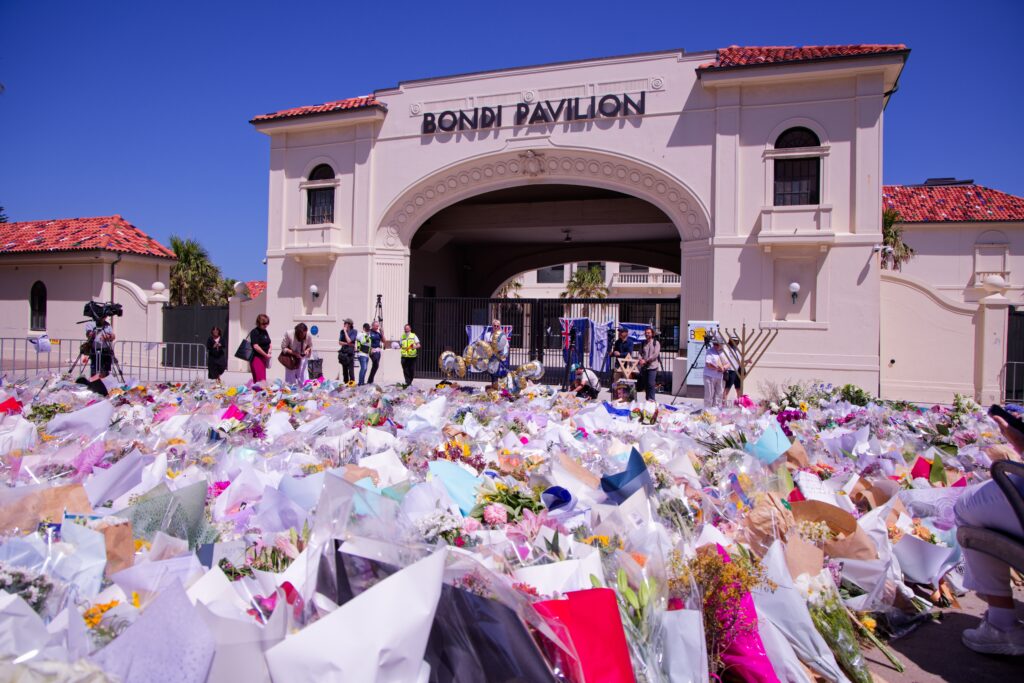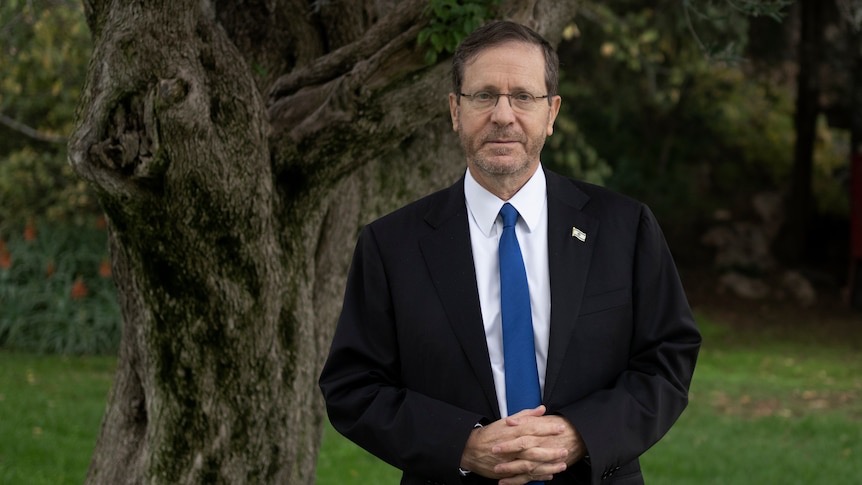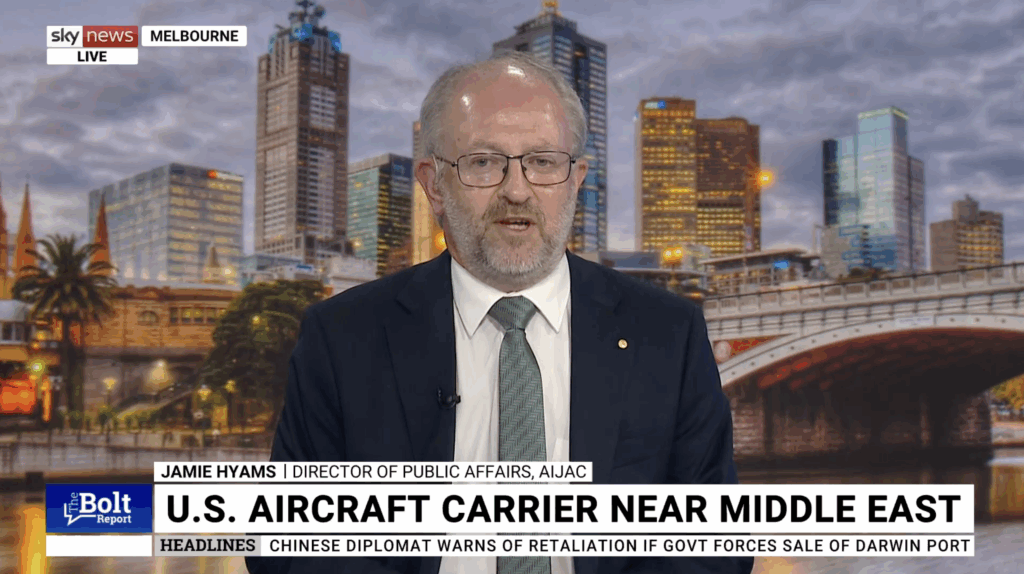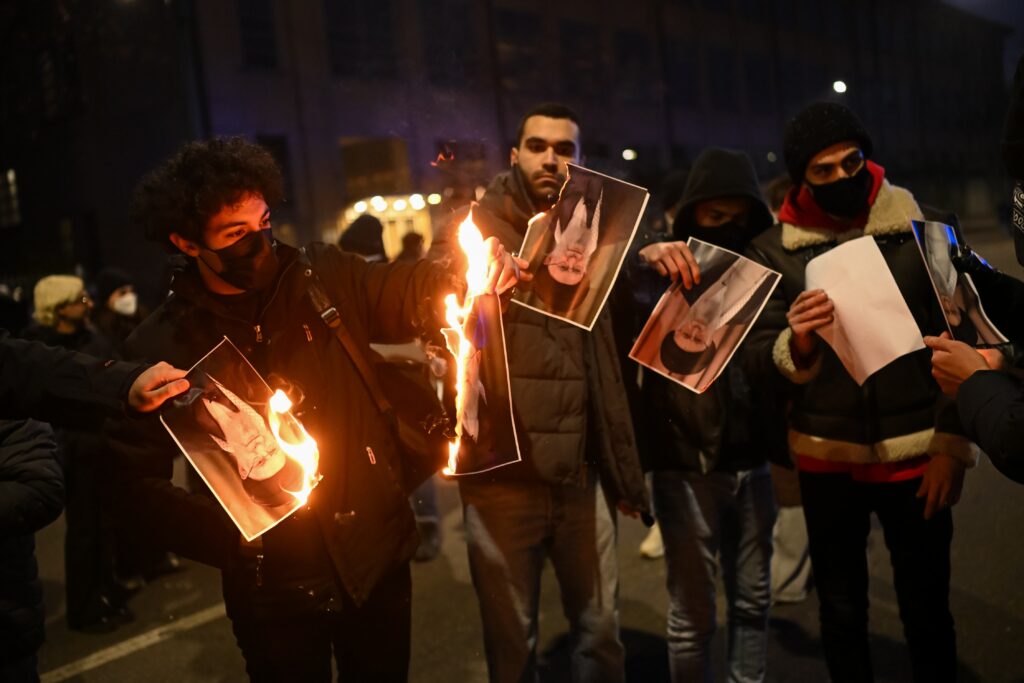UPDATES
Hamas-Fatah dispute causes major Gaza blackouts – why no coverage?
November 22, 2013 | Sharyn Mittelman
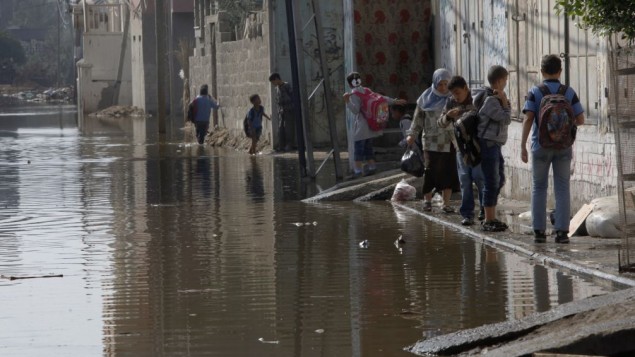
A dispute between Hamas and the Fatah-controlled Palestinian Authority (PA) over the price of fuel has resulted in Hamas shutting down the Gaza Strip’s power plant, which has left Gazans with blackouts lasting between 12 to 18 hours a day. It has also caused a sanitation crisis, with raw sewage flooding the streets of a southern Gaza City neighborhood after a pump station flooded.
This dire situation is getting almost no coverage in Australia – though you could bet if Israel was responsible, it would likely be major news.
Nevertheless, some commentators can’t seem to help themselves, with outgoing UN Relief Works and Agency head Fillippo Grandi putting out a statement which distorted what was going on in what seemed a desperate attempt to find a way to blame Israel. He reportedly said:
“Given that Israel does not allow exports and hence a resumption of normal economic activities, prices are rising because commodities are becoming scarce, lack of fuel has provoked the closure of the power plant, the few jobs available in the construction industry are disappearing; and the list continues.”
But Israel is clearly not to blame for the fuel crisis – Hamas is simply refusing to buy fuel from the PA at higher prices than they are used to, after years of smuggling cheap fuel from Egypt, preferring to let Gazans go without power.
As Avi Issacharoff of the Times of Israel explains:
“Recent Egyptian military activity rendered out of commission hundreds of tunnels that once connected Sinai and Gaza and were used to import one million liters of fuel into Gaza each day. As a result, Hamas has no choice but to purchase fuel from Israel via the Palestinian Authority at prices similar to those found in the Israeli market, namely over seven shekels ($2) per liter of gasoline. That is a major problem for private car owners.
The more acute problem is that fuel is needed to operate the Gaza power plant that generates the majority of the local electricity. The Palestinian Authority purchases a liter of fuel for the power plant for approximately 4 shekels from Israeli gas companies and has tried to sell it to Hamas for almost double, including excise tax.
Hamas has rejected those prices outright and stopped purchasing fuel for its power plant. The dramatic consequence was that the power plant has shut down and the electricity supply has been completely disrupted. The PA refuses to waive the excise tax, a critical part of its own budget. And the residents of Gaza are the ones who suffer.”
Although it seems Hamas government workers may not be suffering, with Gazan Nahla Quzat telling the New York Times, “They say there is no diesel for the generation, but the government cars don’t seem to be suffering from a lack of diesel.”
The New York Times also noted that Israel has increased the number of trucks carrying suppiles entering Gaza in recent months following the Egyptian government’s closure of the smuggling tunnels:
“The number of trucks bringing goods, including fuel, into Gaza from Israel has increased 18 percent since the ouster in July of President Mohamed Morsi of Egypt, according to Gisha , an Israeli group that advocates freedom of movement.
The number of Palestinians allowed to leave Gaza through Israel’s Erez crossing is up nearly 30 percent since July, Gisha records show, while exits through Egypt’s Rafah crossing – which has lately been closed as often as not – in October were a third of what they had been in January.”
Sharyn Mittelman
Tags: Palestinians


